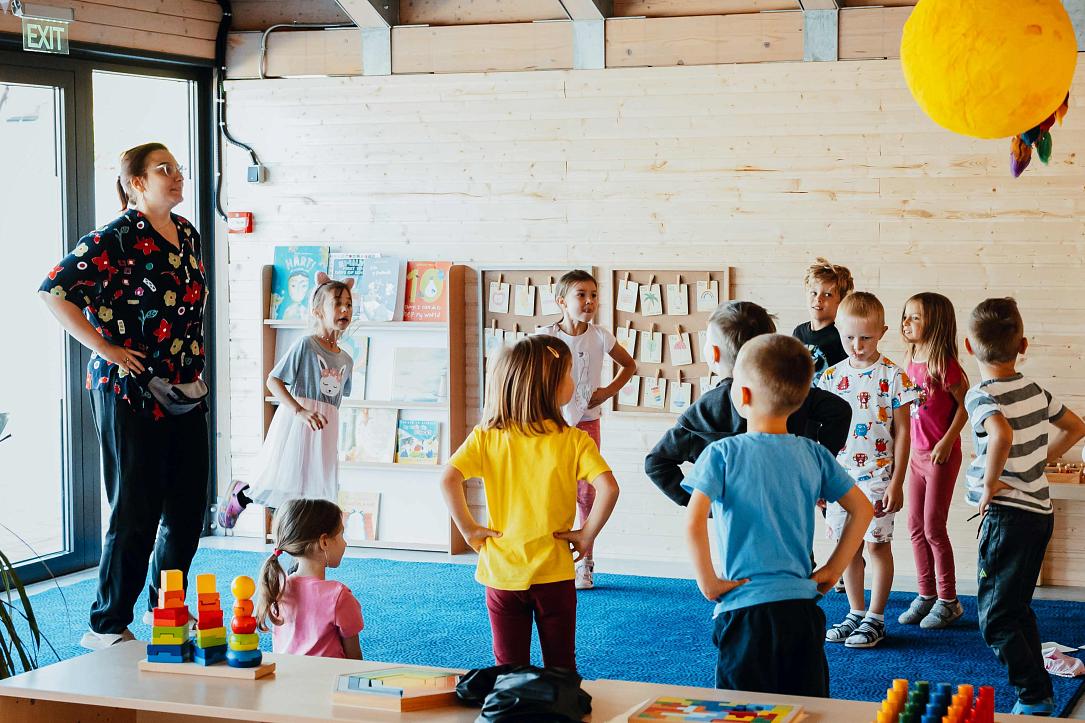Cambridge launches early years education programme in Romania



Cambridge, the world’s largest provider of international education, said it is launching its first early years education programme, which will help support early childhood schooling in Romania in children as young as 3.
Romania is among the first countries in the world to adopt this programme.
The new play-based programme, which is being launched globally following a successful rollout in India, has been designed for children aged 3 to 6, helping them meet key early milestones and thrive in and out of school. Subjects are taught in English, helping children to develop English skills from an early age.
Cambridge Early Years will form the first stage in the Cambridge Pathway, a path for children aged 3 to 19.
The decision to expand its education pathway will see Cambridge help schools in Romania and around the world strengthen their early years education provision.
“Our new Cambridge Early Years programme draws on Cambridge’s unrivalled expertise in high-quality education to help schools in Romania give children as many exciting and stimulating learning experiences as possible – making the most of this key phase of brain development and getting children off to a good start in life,” said Rod Smith, group managing director for International Education at Cambridge.
The Cambridge Early Years curriculum has already got underway successfully in Romania, through a pilot programme at the Fram private school in Sibiu, the first educational institution in the country to offer it. More than 70 young learners have been benefitting from the programme since September of this year.
"The programme also provides very good support for teachers, assisting them with guidance on how to implement the curriculum and how to help children make the transition to primary school,” says Ileana Vrânceanu, founder of Fram School.
The Cambridge Early Years programme draws on Cambridge’s worldwide research on curriculum principles from high-performing education systems, as well as analysis of best practice in early years education and the characteristics that have the most impact. The research resulted in 12 key principles that underpin the programme. The importance of play-based learning, and the need to move children gradually towards more formal teaching in readiness for primary education, are two of the principles that guided the development of every element of the programme.
(Photo source: Scoala Fram | Cambridge Early Years)